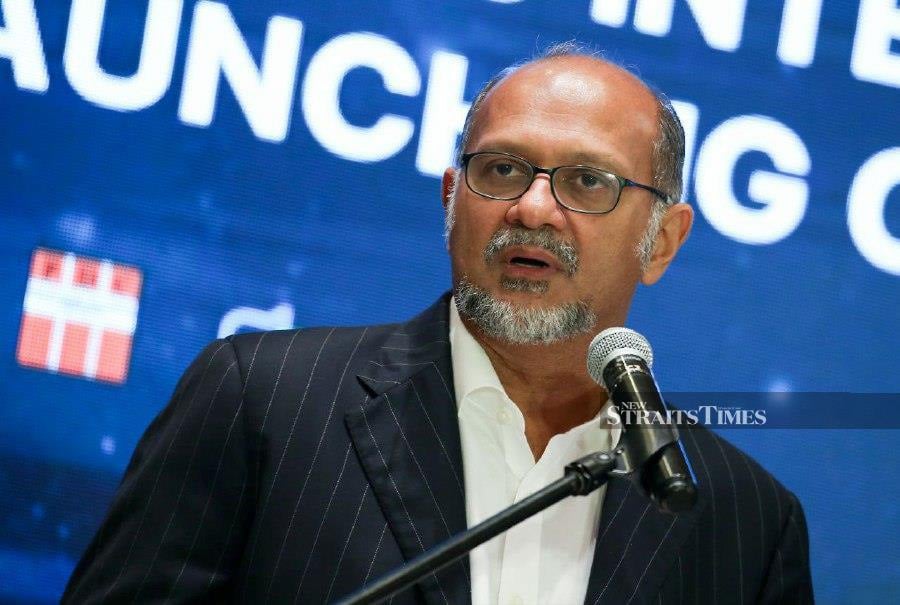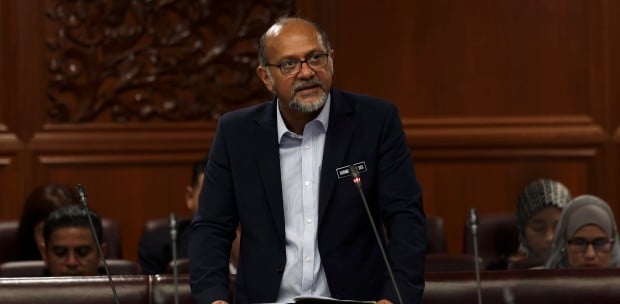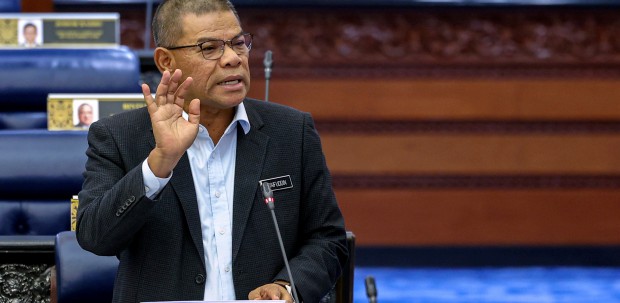KUALA LUMPUR: The Cybersecurity Bill, aimed to safeguard national critical information infrastructure, has been tabled for the second reading in Dewan Rakyat, today.
The bill, tabled by Digital Minister Gobind Singh Deo, will see 19 members of parliament (MPs) from both sides participating in the debate session.
The bill, among others, would seek to bind the federal and state governments to conduct their responsibilities over the safety and security of the national cyber security infrastructure.
Among obligations that shall be carried out include providing information about the national cybersecurity infrastructure that is owned and operated by the government, implementing a code of practice and conducting cybersecurity risk assessments and audits.
However, no prosecution shall be instituted against both federal and state governments for any failure to comply with the provisions of the bill.
"The government will take all necessary steps to ensure that the provisions of this bill will be fully complied with by agencies under both federal and state government.
"Even though the bill also provides exemptions to both federal and state governments, it also does not mean that leniency is granted to them," he said when tabling the bill in Dewan Rakyat today.
He added that similar provisions were found in cybersecurity legislation in Australia, known as the Security of Critical Infrastructure Act 2018 and in Singapore, known as the Cybersecurity Act 2018.
Gobind said the bill would also see the establishment of policies and strategies related to cybersecurity by the National Cybersecurity Committee chaired by Prime Minister Datuk Seri Anwar Ibrahim.
"The establishment of the committee under this bill is also compulsory despite the directive issued by the National Security Council (NSC) No. 26 as this is a specific legislation in addressing cybersecurity issues.
"However, the directive will be reviewed to standardise (the function of the committee).
"Measures and standard procedures relating to the national critical information infrastructure under the NSC's directive will still be used as long as it does not contradict the bill."
At the same time, he added that the government had also conducted studies to identify existing relevant legislation such as the National Security Council Act 2016 and Communication and Multimedia Act 1998, among others, to ensure there were no gaps, overlaps or conflicts between existing laws and this bill.







